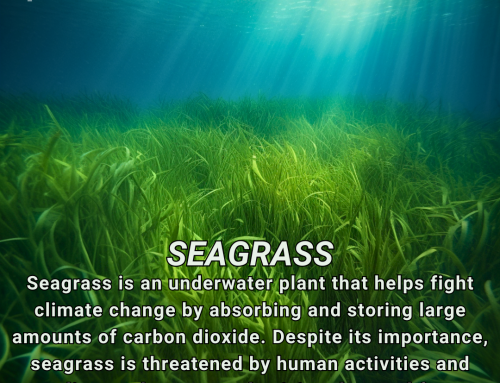
Germany’s banking regulator, the Federal Financial Supervisory Authority (BaFin), has recently unveiled a groundbreaking sustainable finance strategy. The plan’s primary purpose is to combat greenwashing, a significant impediment to the transition towards a net-zero world. Additionally, the strategy aims to bolster the financial sector’s shift towards a climate-neutral world.
BaFin has identified greenwashing as a significant risk to the global transition towards a sustainable world. In a bid to prevent this, the regulator has committed to ensuring compliance with ESG (Environmental, Social, and Governance) disclosures and the corporate sustainability reporting directive. This move is considered a critical step in the fight against greenwashing, a practice where companies give a false impression of their environmental friendliness.
The president of BaFin, Mark Branson, has emphasized the importance of curbing greenwashing. He pointed out that greenwashing significantly undermines trust in transformation financing, necessitating stringent measures to prevent it. Branson’s comments underline the urgent need for financial institutions to take a proactive role in combating greenwashing, a practice that threatens the global transition to sustainable finance.
In addition to addressing greenwashing, BaFin’s sustainable finance strategy focuses on implementing adequate risk regulation, providing reliable financial climate risk data, and managing environmental financial risks. The plan has been commended for its comprehensive approach, which not only addresses greenwashing but also ensures the financial sector is adequately prepared for the impacts of climate change.
One of the unique features of BaFin’s strategy is its emphasis on encouraging knowledge exchange. The strategy does not direct financial flows or promote ESG investing but rather enables investors to make sustainability-based decisions. This approach reflects BaFin’s belief in the importance of equipping investors with the information they need to make informed decisions about sustainable finance.
BaFin has also rolled out a plan to integrate sustainability risks into the risk management of all supervised entities and ensure they meet disclosure obligations. This plan is in line with the regulator’s mission to enhance the credibility of sustainable financial products and prevent greenwashing.
As part of its new strategy, BaFin will carry out regular assessments to determine the extent to which supervised entities are considering sustainability risks. This move underscores the regulator’s commitment to ensuring that financial institutions are not just talking about sustainability but are actively incorporating it into their risk management strategies.
BaFin’s sustainable finance strategy represents a major step forward in the fight against greenwashing. By enhancing the transparency and credibility of sustainable financial products, the strategy will play a crucial role in supporting the financial sector’s transition to a climate-neutral world.






